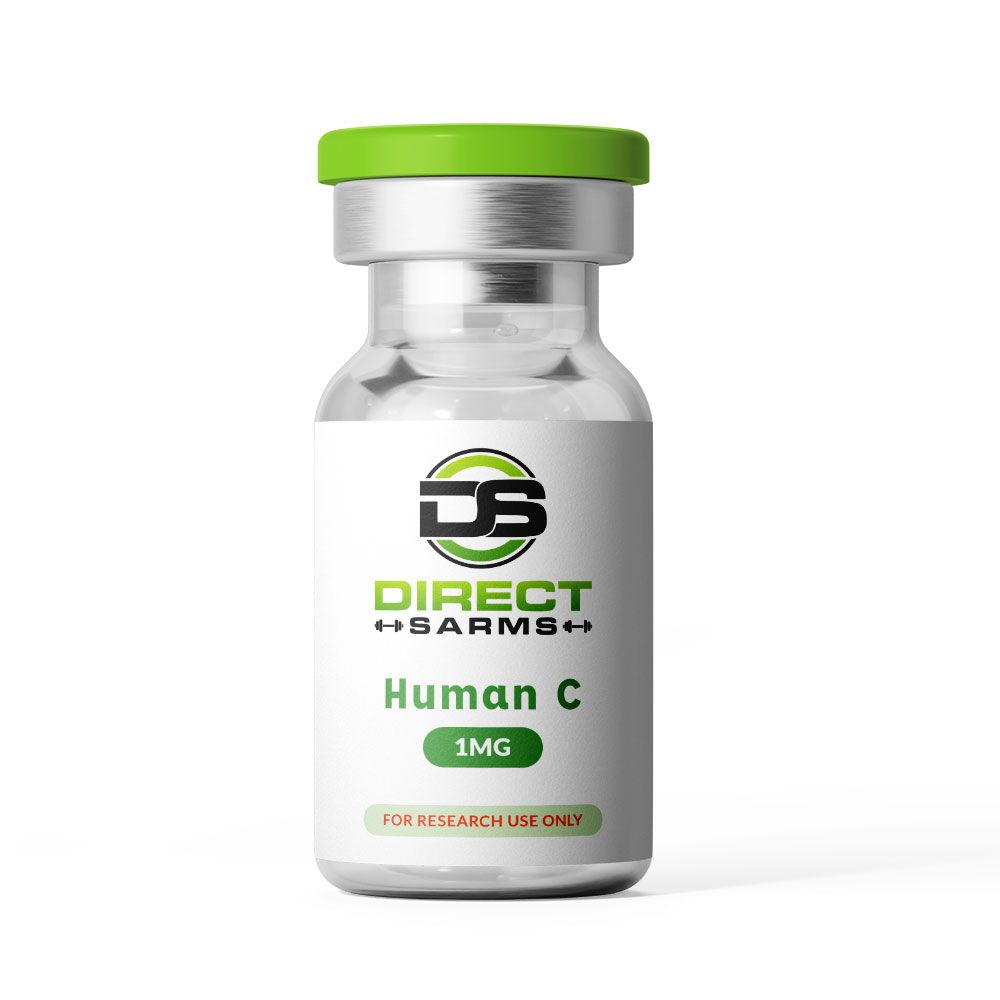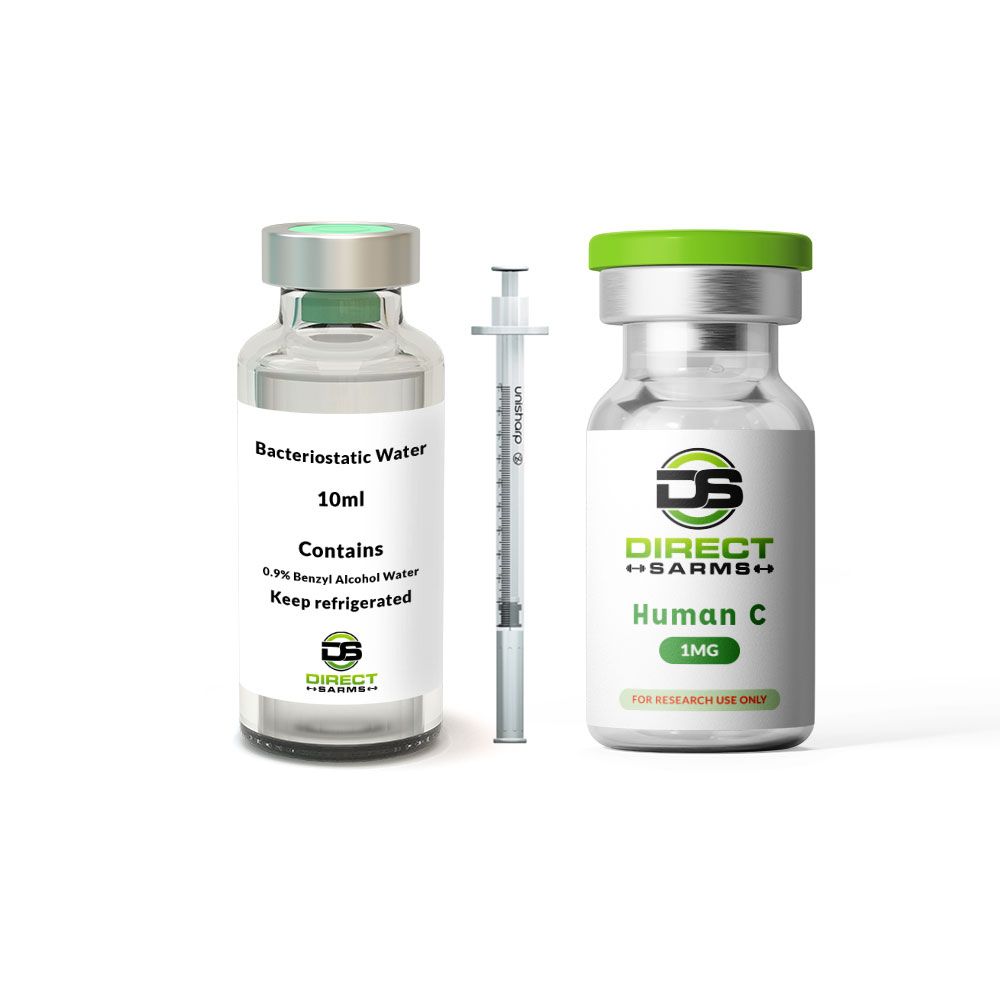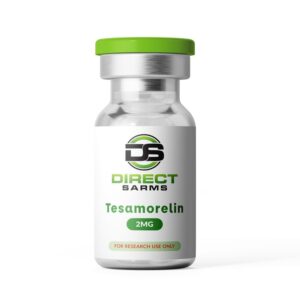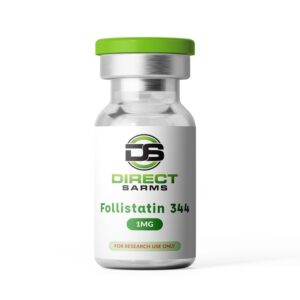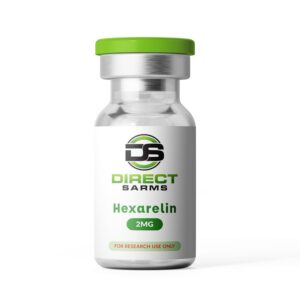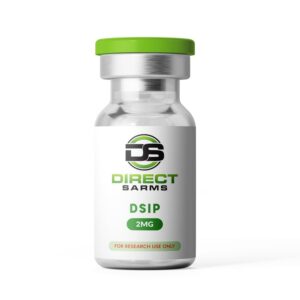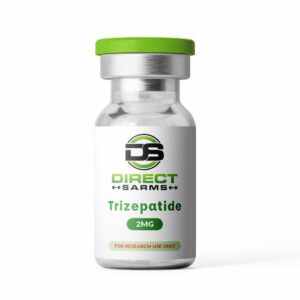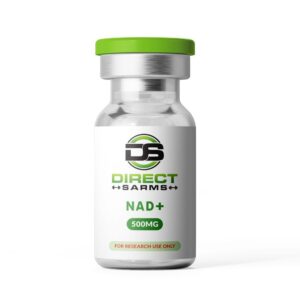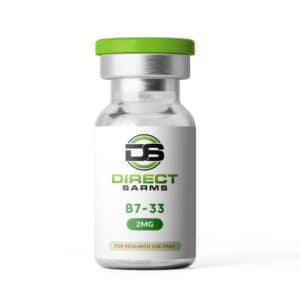First time customer gets 15% discount code = 1storder
Human C Peptide Vial
Human C peptide, also known as connecting peptide, is a short-chain amino acid sequence that plays a crucial role in the production of insulin within the pancreas. During the synthesis of insulin, proinsulin is cleaved into equimolar amounts of insulin and C peptide. While insulin is released into the bloodstream to regulate glucose levels, C peptide was historically considered a by product with no significant function. However, New Zealand research has illuminated its physiological importance, especially in the context of diabetes.
C peptide serves as an indicator of endogenous insulin secretion, making it a valuable marker for evaluating pancreatic beta cell function. In individuals with diabetes, measuring C peptide levels can provide insights into their ability to produce insulin, aiding in the diagnosis, prognosis, and personalized management of the condition.
Furthermore, New Zealand studies have suggested that C peptide may exert protective effects on nerve and kidney function in diabetic individuals, contributing to its growing significance in the field of diabetes research and treatment.
Overall, Human C peptide, once overshadowed by its insulin counterpart, has emerged as a key player in understanding pancreatic function and holds promise for advancing the management and treatment of diabetes.
Human C Peptide Vial Benefits
Insight into Insulin Production
Human C peptide, derived from the cleavage of proinsulin into insulin and C peptide within the pancreas, serves as a valuable indicator of endogenous insulin production. As C peptide is produced in equimolar amounts to insulin, measuring its levels provides insights into pancreatic beta cell function. High C peptide levels may indicate excessive insulin production, associated with conditions such as type 2 diabetes or insulinomas.
Conversely, low C peptide levels can suggest reduced insulin secretion, as seen in type 1 diabetes or other conditions affecting beta cell function. Therefore, the quantification of C peptide levels offers New Zealand clinicians a means to assess insulin production and gain crucial insights into the pathophysiology of various diabetes-related conditions.
Diabetes Management
Human C peptide plays a pivotal role in diabetes management by serving as a marker for endogenous insulin secretion. For individuals with diabetes, measuring C peptide levels provides critical insights into the underlying pathophysiology of the condition. This information aids clinicians in tailoring personalized treatment strategies based on the patient’s specific pancreatic function.
High C peptide levels may indicate sufficient endogenous insulin production, influencing the choice of therapeutic interventions, while low C peptide levels can inform decisions regarding exogenous insulin supplementation. Therefore, C peptide assessment contributes significantly to the effective management of diabetes, guiding treatment approaches and enhancing patient care.
Kidney Protection
New Zealand Research suggests that Human C peptide may offer kidney protection in diabetic individuals. Studies have indicated its potential to mitigate diabetic nephropathy, reduce kidney damage, and improve renal function. By exerting favourable effects on kidney health, C peptide presents promise for addressing diabetes-related complications and enhancing patient outcomes.
References:
[1] https://www.ncbi.nlm.nih.gov/ pmc/articles/PMC8313369/
[2] https://www.ncbi.nlm.nih.gov/ pmc/articles/PMC5446389/
[3] https://www.ncbi.nlm.nih.gov/ pmc/articles/PMC4439165/
Disclaimer: We do not supply sarms or peptides to any individual under the age of 21. You must be a licensed and qualified healthcare practitioner. Our team of dedicated professionals are committed to providing an extensive range of products used ONLY in the process of laboratory research by responsible trained and professional individuals. All products listed on this website (direct-sarms.com) and provided through Direct Sarms are intended for laboratory research purposes only. The products listed on this website are NOT for human or animal consumption or ingestion of any kind.

